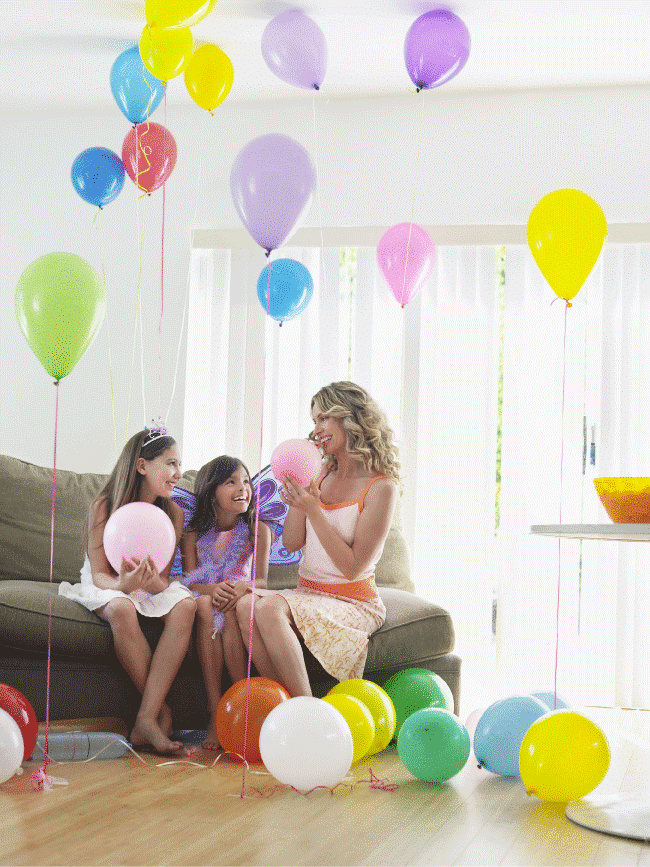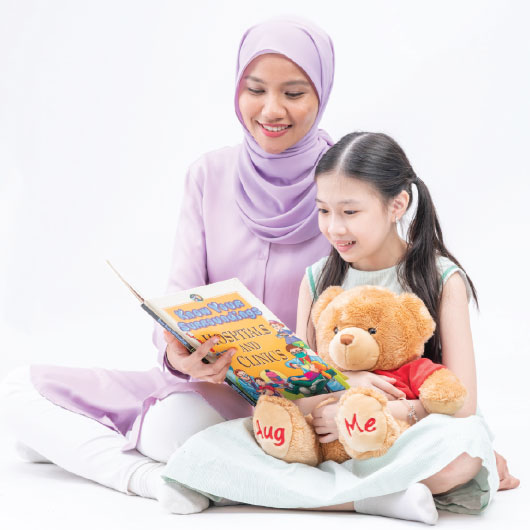What's next?
Interested?
Leave your details here.
HOW TO HELP CHILDREN TO STOP COMPARING THEMSELVES TO OTHERS

Children aged seven to seventeen, tend to go through a phase where they compare themselves to their classmates in school. Children who compare themselves to others can experience stress and low self-esteem levels. This can lead to depression and a wide range of other psychological and physical challenges. For this reason, it is always important to help develop children’s self-esteem in the hope that they will always have a positive outlook in life.
The following are some ways that parents can teach their children to stop comparing themselves to others:
-
-
- Avoid comparing your child to others:
-
“Comparison is the thief of joy” – Theodore Roosevelt. When parents start comparing their children to their siblings or other children, this will bring up many negative effects. Parents are demonstrating to their children that they have the power to “rank” them. Parents should not lose sight of what makes their children different and unique. Their goal should not be “to always be the best” but “to always do my best”.
- Celebrate their progress rather than the end result:
It is important for parents to recognise and celebrate their children’s strengths and talents. Always use benchmarks to not only track the outcome, but also their growth and progress. Parents must demonstrate to their children how far they have progressed and improved from when they first started. Remember, slow progress is still a positive.
It should not matter as to whether anyone else is better or more capable. The most important lesson is a child’s effort and dedication. Children with growth mindsets will work towards developing their abilities. They will view challenges as opportunities to grow. Training children how to reflect and only compare to themselves will teach them to have pride and respect of their own progress.
- Teach them on how to set and track personal goals.
According to Psychologist Leslie Riopel, “When parents help their children set and concentrate on their goals, it leads to three key habits: – forming new behaviours, sharpening focus and gaining momentum.” By creating goals, children will work hard towards obtaining their desired result and this forms new habits. Children must be able to distinguish between where they are now and where they want to be. Focusing on a target will help children gain momentum towards the direction of the goal. As they make progress, parents should recognise and acknowledge that constant improvement is a huge win.
Parents must also allow children to take pleasure in small steps and victories. This can lead to children growing and developing new abilities. Besides, personal reflection can be a strong tool. By assisting children in tracking their progress, parents are showing them that their targets are achievable, even if it initially seems impossible.

